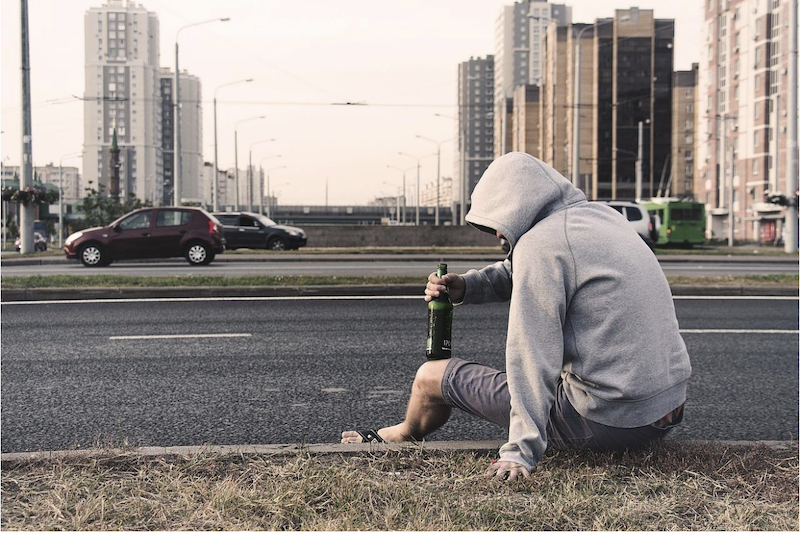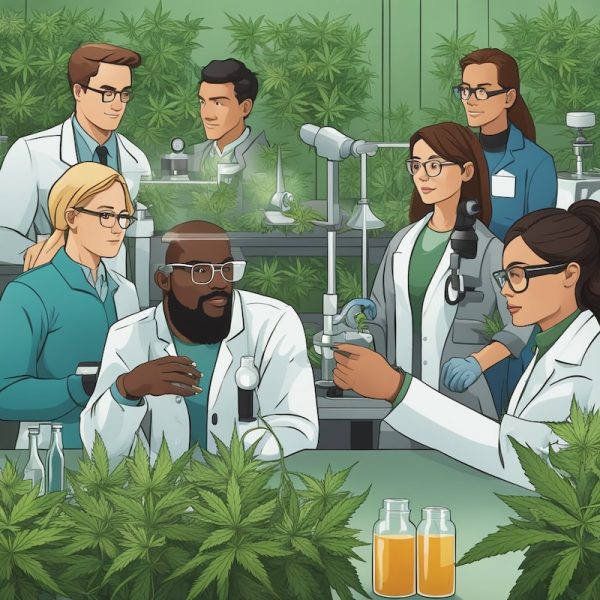How to Deal With Alcohol Issues as a Student
Branded Content by Cosmic Press
According to the National Institute on Alcohol Abuse and Alcoholism (NIAAA), 10% of college students aged between 18 and 22 can be classified as having alcohol use disorder (AUD).
AUD is only one of the problems caused by drinking as a student. Other risks include death, injuries resulting from drunken brawls, auto accidents, sexual assault, and poor academic performance.
If you are struggling with an alcohol problem as a student, the tips highlighted in this guide can help deal with your alcohol issues, so keep reading to learn more.
Develop Responsible Drinking Habits
Some people identify they have an alcohol problem before they are too deep into the mess. Others don’t realize it until they are way deep. If you are in the first half category, it’s relatively easy to turn things around. All you will need is to develop safe drinking habits.
If you can, avoid alcohol altogether; if that is too hard to ask, set personal boundaries. For example, limit your alcohol to select days and limit the number of drinks you take.
Be Assertive In Your Resolve
Most students engage in drinking because of peer pressure. So even as you develop responsible drinking habits or quit drinking altogether, you must be ready to stand strong against peer pressure.
Be assertive in your decisions and let it be clear to your peers that your resolve is final. Some peers will not give up influencing you easily, so you might as well want to change who you hang out with. People with shared values will be more supportive of your resolve and can help you discover alternative ways of having fun.
Find an Activity to Fill Up Your Time
Most people consider drinking a way of passing the time and having fun, and it’s why evenings and weekends are the hours when most people drink. So if you want to turn your alcohol problem around, you have got to ensure that you find an activity that fills up the time you otherwise would have spent drinking.
The activity can be anything, for example, physical activity such as a sport, hiking, games, or volunteer work. The idea is to get an activity that gives you a sense of purpose.
The more engaged in an activity you are, the less you will think about drinking and the more fulfillment in other activities. With time, the urge to drink will subside, allowing one to consciously decide when to drink and avoid it.
Identify Your Triggers
Identifying your triggers is the first step towards avoiding them and managing your drinking. The most common triggers besides peer pressure include anxiety, stress, loneliness, and emotional distress.
Most triggers are part of life, and there is no way of avoiding them altogether. However, you can explore other coping mechanisms, such as avoiding situations that can cause such problems.
For example, if you know an argument will cause you anxiety, learn to de-escalate the situation or walk away before it becomes a full-blown argument. You can also talk to a professional about other options for distressing.
Get Professional Help
When you are in too deep, getting out will be a big problem which may require seeking help dealing with your problem. The first people to turn to should be family. But it would be best to consider a family member that is likely more helpful than judgmental. Talk to a close friend if you feel like family is not an option.
Talking to someone ensures you have someone involved and to whom you can also be answerable. They can also provide counsel and support to overcome your problem. Sometimes you will need professional help, including checking into an alcohol and drugs rehabilitative program.
What To Do if You Are Arrested for DUI
The National Minimum Drinking Age Act of 1984, which set the minimum drinking age at 21, was enacted following a spike in alcohol-related auto fatalities involving people under 21. Still, DUI is a leading cause of death among teen drivers. As a result, state laws are very strict with DUI for teens.
If you are stopped for suspicion of DUI, and it happens you have any alcohol in your system while you are younger than 21, you risk facing DUI charges and criminal penalties that could be life-changing.
The good thing is that you can do several things to change the outcomes of your arrest. First, do not give consent to a car search which can lead to self-incrimination.
Also, avoid answering questions and ask to have a lawyer. When choosing a lawyer, go for reliable family lawyers by leveraging reliable legal resources like Marble to ensure you get the best person for the job.
While a lawyer may not always guarantee walking scot-free, they can guarantee favorable outcomes based on the circumstances.
Final Words
If you are a student under 21, it is best to stay legal and avoid alcohol. But mistakes happen, and you could have yourself having to struggle with alcohol-related problems. If this is the case with you, the ideas highlighted in this guide can help you overcome your problem.
Branded content furnished by our promotional partners. The Daily Sundial editorial staff is not involved in its production. Content does not reflect the views or opinions of the editorial staff.










